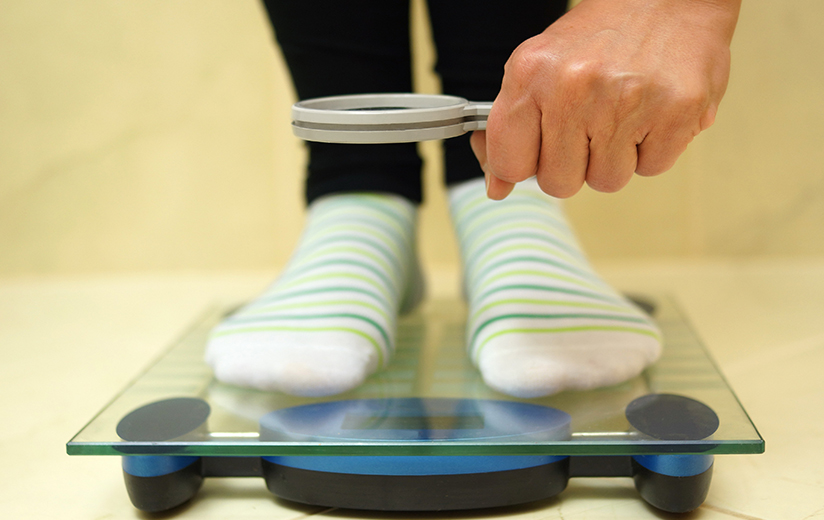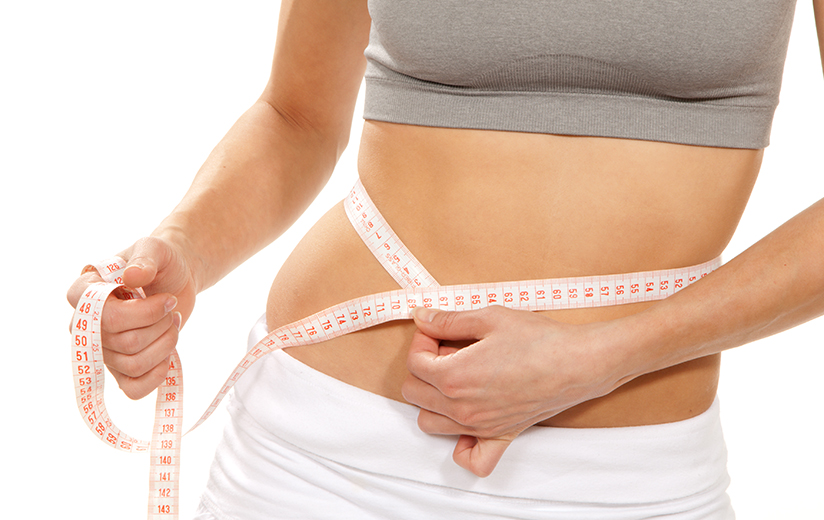The beginning of period
Adolescence is a transitional period during which a girl’s body is transformed into a woman’s body, capable for reproduction. This period is marked by significant changes in body composition, physical development and the beginning of period (menarche).
Menarche
Menarche is the beginning of period (menstruation cycle) for girls and constitutes the last milestone in the course of adolescence. It is the moment at which your reproductive system is ready for reproduction. Period usually starts between the ages 11-13 years old. However, this is not an absolute rule. A delay until the age of 16 years old is expected and considered to be normal.
The duration of a normal cycle is usually 28 days, fluctuating from 22 to 36 days. The duration and quality of a cycle as well as the duration of menstruation (period) vary a lot. During the first two years of your period, 55% – 90% of your cycles are anovulatory (non-fertile), while after those two years from the beginning of your period, 60% – 80% of your cycles are ovulatory (i.e. fertile).
There are several factors contributing to the occurrence of the first period.
• Genetic
• Environmental
• Body weight
• Body composition (proportion of fat – muscle mass)
It has been observed that obese girls may have their first period earlier, compared to those with a normal weight, while girls whose weight is lower than normal (for example in cases of anorexia nervosa) may have their first period delayed or even suspended. Period may also be suspended to girls who exercise intensely, especially if this accompanied by a decrease in body fat.
It is also important to clarify some incorrect beliefs concerning the beginning of period:
1st Myth: It is believed that physical development stops with the beginning of period.
Well, this is not true. Growth hormone is responsible for physical development and not the hormones who lead to menarche. Hence, when a girl gets her first period, this means that she has already reached an advanced stage of physical development and that she has not many more to go through. This however doesn’t mean that she will stop, for example, getting taller.
2nd Myth: It is believed that dieting during adolescence doesn’t affect period.
This is not true either. Dieting, especially in the form of deprivation, without a nutritionist’s supervision, may decrease the percentage of body fat, thus resulting in partial or permanent suspension of period. It is advised that the percentage of body fat should range between 15% and 25%. A body fat percentage below 15% may cause suspension of your period and it is considered dangerous for your general health and growth.
The first period during adolescence is a very important milestone in every girl’s life because it proves that your body develops normally while it signals your transition from childhood to adulthood. Good gynecological health will contribute, long term, to the good general health of your body. It is therefore very important for you to start following, already from the period of adolescence, some basic rules concerning the hygienic care of your intimate area.
In collaboration withMaria Skoura
Nutritionist, Scientific Associate of the Greek Society of Adolescent Medicine















